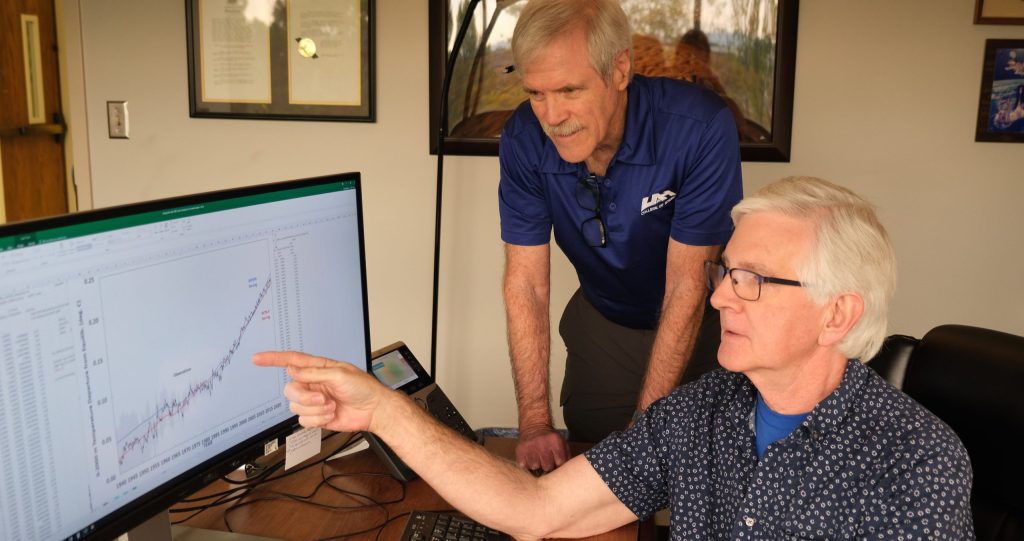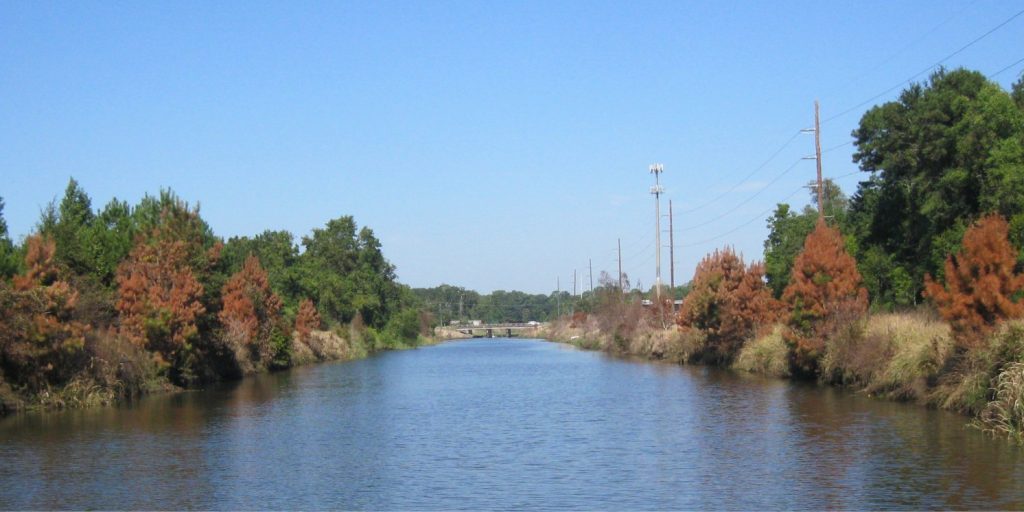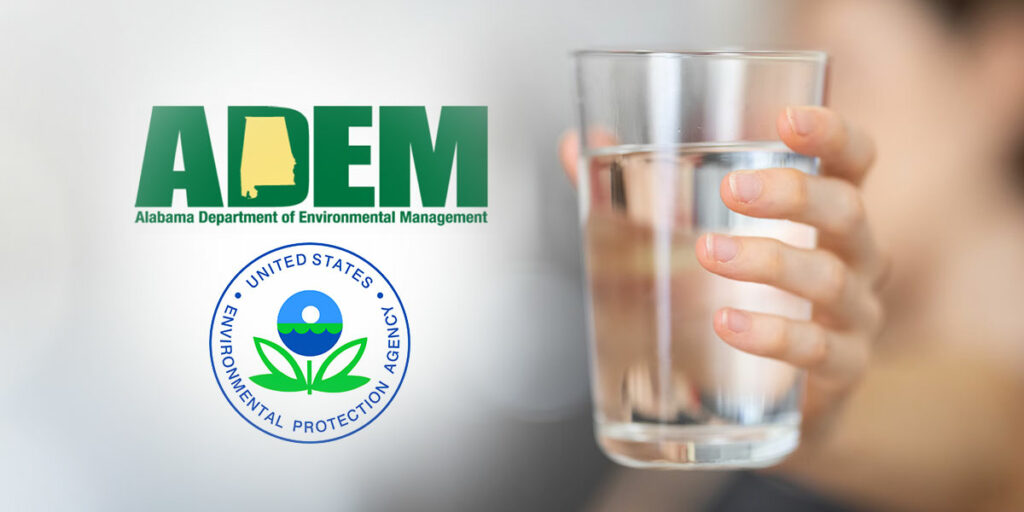HUNTSVILLE – A student team from the University of Alabama in Huntsville won a grant from the U.S. Environmental Protection Agency to develop a more-efficient and lower cost water filter.
The $99,998 grant is to develop a low-cost household water filter that removes per- and polyfluoroalkyl substances (PFAS) from drinking water, the university said. This project will help promote clean drinking water supplies, particularly in small, rural, Tribal and disadvantaged communities, according to the EPA. The grant is part of the EPA’s People, Prosperity and the Planet (P3) Program, a competition open to teams of university students working to design innovative solutions for a sustainable future.
PFAS are a group of chemicals used to make fluoropolymer coatings found in many consumer products, including clothing, furniture, adhesives, food packaging, heat-resistant non-stick cooking surfaces and the insulation of electrical wire. Called “forever chemicals,” they do not break down in the environment, can move through soils and contaminate drinking water sources and build up in fish and wildlife.
“PFAS and other emerging contaminants in drinking water are a challenge for communities across the Southeast region and beyond,” said Acting EPA Region 4 Administrator Jeaneanne Gettle. “We congratulate the UAH student team on their project. This promising research supports our goal of making sure everyone — including our most vulnerable populations — can access clean, safe drinking water.”
Dr. Tingting Wu, an associate professor of Environmental Engineering, is the principal investigator for the proposal. The team is Sepideh Mansoori and Amir Ahmadi Zahrani, two Ph.D. students supervised by Wu.
“These students are leading the way when it comes to developing cutting-edge research to address PFAS, which is a top priority for our Agency and country,” said Chris Frey, assistant administrator for EPA’s Office of Research and Development. “I’m excited to see how EPA’s P3 funding can support this potential solution to help ensure clean drinking water, especially among our disadvantaged communities.”
The funding will support the students as they study the use of a hybrid bio-based adsorbent technology for the point-of-use removal of PFAS in homes and offices.
Phase I of the program serves as a proof of concept, where teams are awarded a one-year grant of up to $25,000 to develop their idea. T
he teams are then eligible to compete for a Phase II grant of up to $100,000 to implement their design in a real-world setting.
The winning project from the UAH team is one of five total P3 Phase II awards that were made under the same funding announcement.











